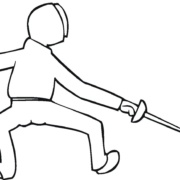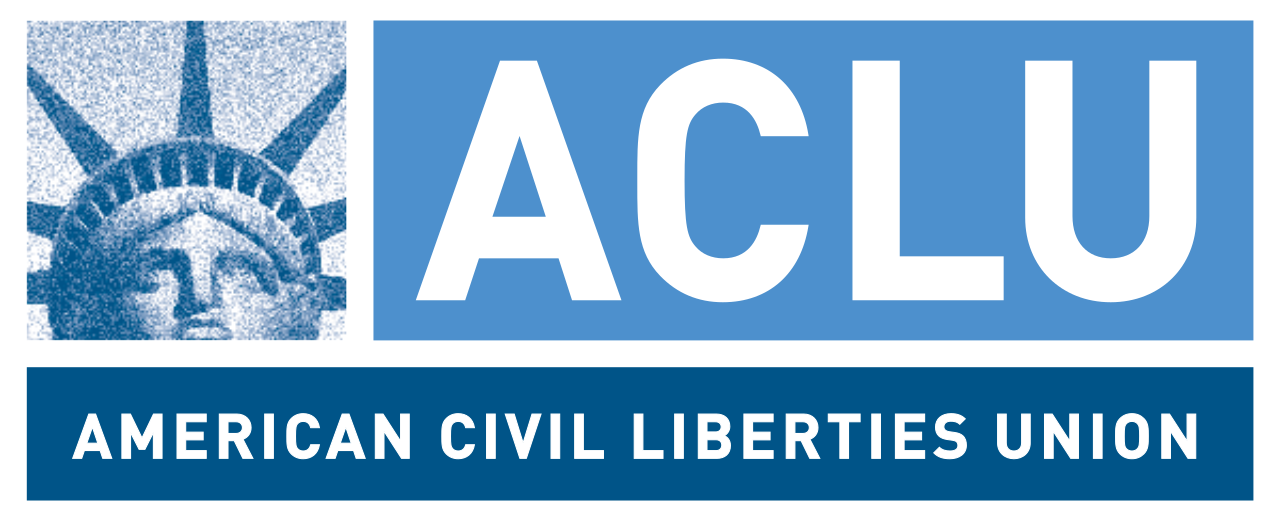Motion to Compel Cycle
The “Motion to Compel Cycle”
– What to do when the Company Suing You Won’t Answer Discovery
If you’re being sued for debt and following our system, you will serve “discovery” on the other side. That is, you will send them questions to answer called “interrogatories,” requests for documents, and requests that they admit certain things.
We do this because debt buyers usually don’t have the proof they need to establish their case, and even original creditors often don’t. We need to know exactly what they do have so we can prepare to show that it isn’t legitimate evidence. That will be important in resisting any motions they file, in filing our own motions, and preparing for and winning at trial.
You will send discovery, and no matter what you send, you will receive nothing but objections in response. This is called “stone-walling,” and it’s in every debt collector’s playbook. Do NOT just send another set of questions – it doesn’t matter what you ask, they will always object, so that would be useless. They might be stonewalling because they know they don’t have legitimate evidence, but frankly I think it’s mostly just a strategy to convince you to give up – to make you think you don’t have a chance against their lawyers and their money.
Don’t give up. Make them give you your answers.
To do that, you’re going to have to do the things that allow you to file a motion to compel, and then you will, obviously, have to file the motion, too. This whole process is what I call the Motion to Compel Cycle. So what is that?
Look at your rules of civil procedure for the rule on motions to compel. READ THAT RULE!
You will notice, in every jurisdiction I’ve ever seen, that the rule requires you to negotiate “informally” in good faith to resolve the issues raised by the other side’s objections. That is going to require you to call them up on the phone, speak to the lawyer on the other side, and discuss the objections. You will do this in good faith, but they certainly will not. And when you get through with this conversation, you will send them first a confirming letter if they’ve agreed to anything, and secondly what’s called a “good faith letter,” which outlines the items remaining in contention and states your basis for demanding the evidence.
So it goes like this:
Send discovery and wait for response
Call them to discuss objections
Write good faith letter outlining disputes and giving them a certain time to provide the information you demand
Wait for that time to expire
Write and file motion to compel.
It is possible they will respond with an argument. You should reply to that argument, but remember never to make any admissions of owing them or anyone money, of any prior relationship to the creditor, etc. NO ADMISSIONS AT ALL EVER. This is critical because they may slip a question in asking “don’t you owe __ the money?” or “don’t you already have the records? It was your credit card account!”
The only issue you should discuss is whether and why they owe you the discovery. Don’t forget.
This whole process is tedious and annoying because you know they are not in good faith. However, remember this: your efforts are requiring more attorney time spent on your case than many other cases combined would require. You are drawing blood with every minute you make them spend. And it’s the only way you will get what you need.
Remember in your first phone call to ask about EVERY SINGLE OBJECTION. I know there are dozens. Go through each one. It’s your right and responsibility, and it costs them $250/hour to talk with you.
Write a “confirming letter” if they make any concessions at all. Say “you said you would give me __ by [date]” and mention everything they agreed to. If they said they didn’t have anything responsive to a question or request, confirm that in the same way, too. You must create a written record.
You won’t get much, so you have to take the next step, the good faith letter where you say why you’re entitled to the information you request. If you’re using our model discovery, you’ll know what to say here.
They won’t give you anything even after this, in all probability, so your next step is the motion to compel. In that, you will include a statement about the phone calls you attempted, and you’ll attach your good faith letter. The court won’t hear your motion otherwise.
We have materials that could help you with all of the motion to compel cycle, from phone call to hearing.




